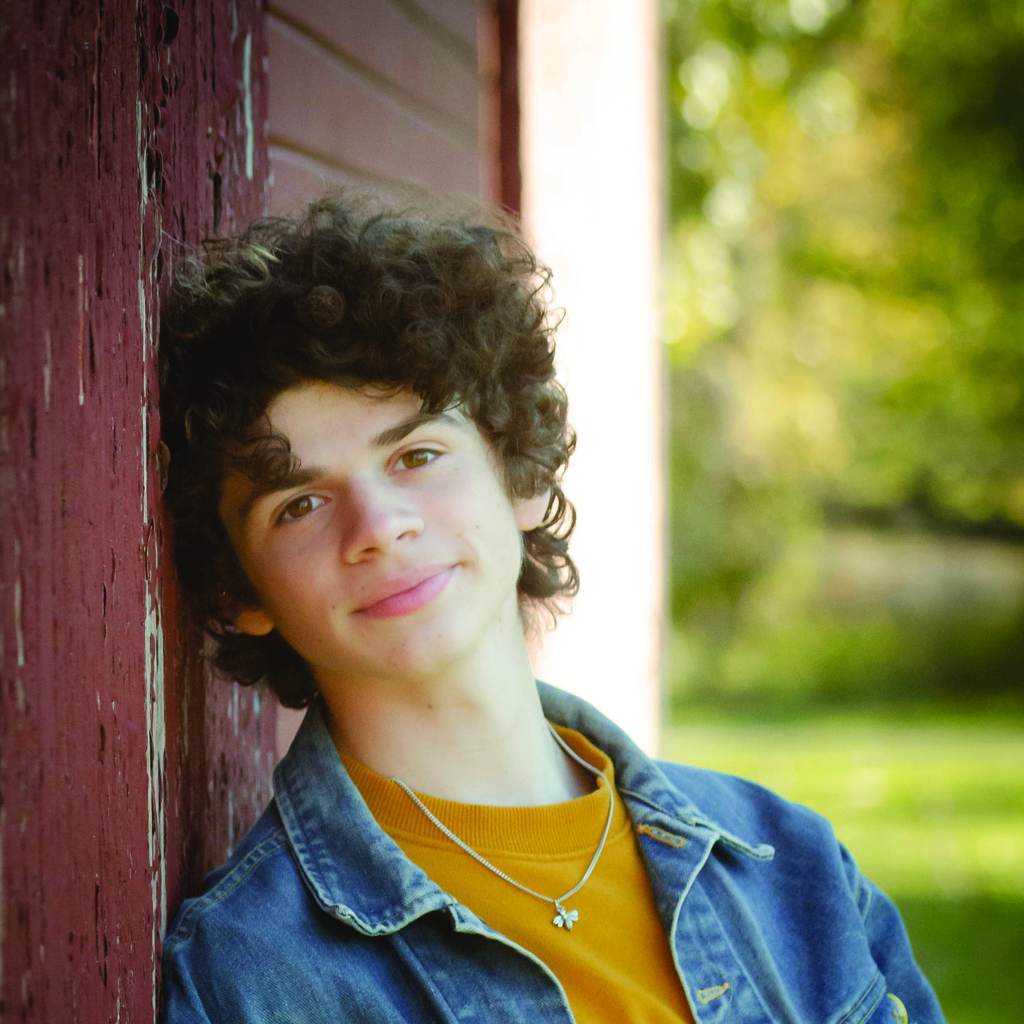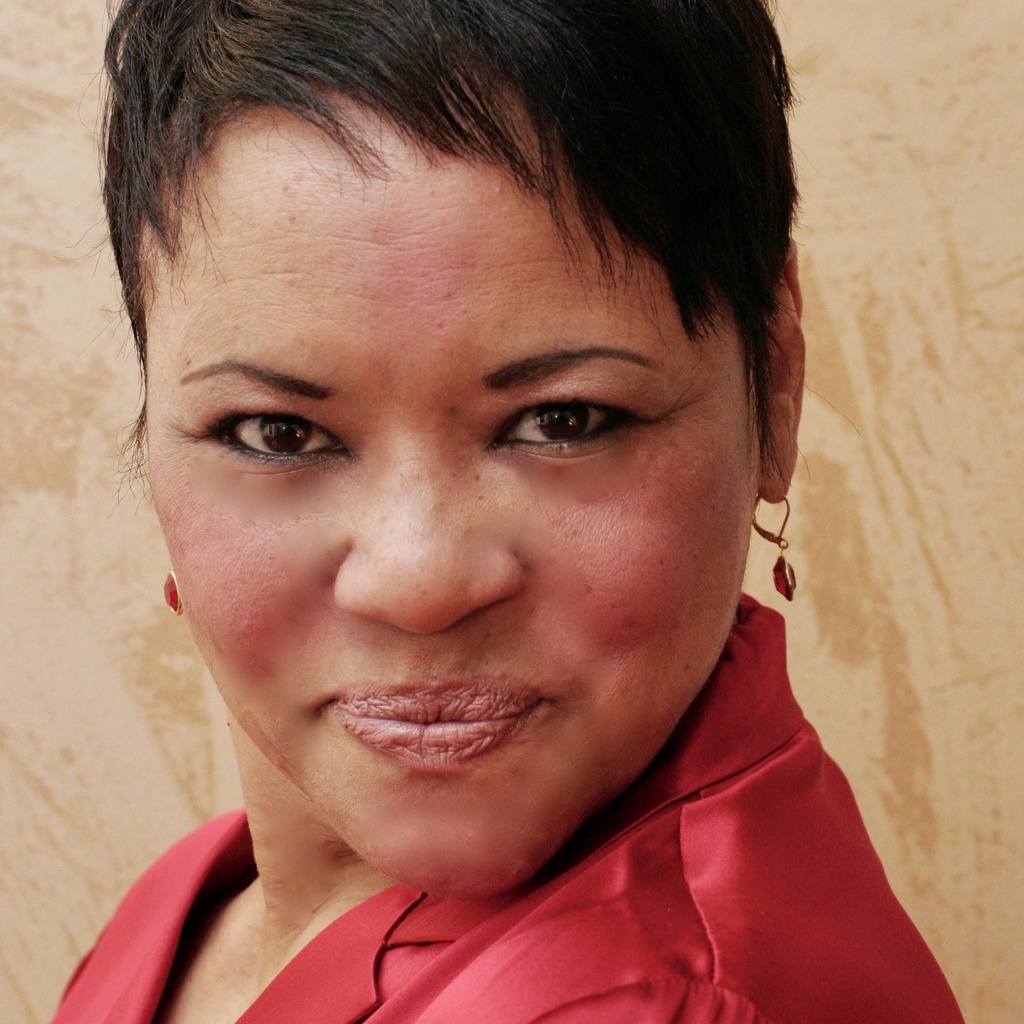Main navigation
Undergraduate students who earn the Certificate in Social Justice and the Performing Arts learn methods and practices to expand the parameters of their academic and arts disciplines to include diverse ways of thinking, creative problem solving, and practical applications for social justice-focused and community engaged creative work in the United States and transnationally.

One student's experience
Theatre undergrad student Jason Vernon talks about his experience as a student in the certificate program for Social Justice and the Performing Arts
Learn more about the certificate
How do I sign up for the certificate and what are the requirements?
You should declare your intent to earn the certificate at the Office of Academic Programs and Student Development (College of Liberal Arts and Sciences), at the Academic Advising Center, or on MyUI.
The undergraduate Certificate in Social Justice and the Performing Arts requires a minimum of 21 semester hours of coursework, including at least 18 semester hours earned at the University of Iowa or in approved study abroad courses.
- Students must maintain a grade-point average of at least 2.00 in coursework for the certificate.
- Coursework in the certificate may not be taken pass/nonpass.
- The certificate may be earned by any student admitted to the University of Iowa who is not concurrently enrolled in a UI graduate or professional degree program.
- Students complete two foundation courses, one creative practice and skill-building course, three background courses, and one capstone course.
- They must meet with the certificate director or an area of study advisor in the performing arts or GWSS every semester to discuss their course selections and plan for the capstone course.
- Students who wish to count a course not listed in the certificate program of study may submit a request for approval to the certificate director.
- Some of the courses have prerequisites; students must complete all of a course's prerequisites before they may register for a course.
- Some of these courses also have specific restrictions such as courses only open to certain majors.
What is community engagement?
Community engagement:
- Enriches scholarship, research, and creative activity
- Enhances curriculum, teaching, and learning
- Prepares students to be educated and engaged citizens
- Strengthens democratic values and civic responsibility
- Addresses critical societal issues
- Improves quality of life
What are the benefits of choosing to get this certificate?
The certificate helps you to align your discipline studies more closely with your interests and desire to be of service, work with others, and collaborate with the wider community of Iowa City and beyond as you become a fully engaged citizen of the world.
The certificate is designed to foster interdisciplinarity between you and students from across the university, whether they are in the arts or not.
With a combination of performing arts and social justice courses and projects, certificate students will be better prepared to take on a wider range of career opportunities in and beyond performing arts organization after graduation.
You will gain skills to examine who the work will impact, determining who benefits, and how you can make ethical choices as you develop or collaborate on community-based creative projects.
As part of the certificate curriculum, you will develop leadership skills that you can apply later in life in any professional arena.
You will receive individual mentoring to help you formulate rewarding multi-faceted career paths outside the traditional routes for individuals in the performing arts.
What is the capstone project?
Capstone projects are intended to give students an opportunity to put all they have learned into practice.
A student then selects at least one faculty member from an appropriate department as a formal advisor. The student submits a written proposal to the certificate director and the advisor. The proposal must include a description of the work; a statement of why the student is prepared to accomplish the work; and a list of equipment, materials, space, or funding required.
Once the proposal is approved by the director and advisor, the student enrolls in an independent study course with the advisor as instructor.
The student meets with the advisor on a regular basis and engages other faculty and students as needed.
Once the project is complete, the advisor evaluates the project and submits a letter grade.
Students will have five options for their capstone projects as part of the final assessment for the certificate:
- To develop an individual or group creative project with graduate students, other artists, and/or community members that pulls together their lived experiences or work with a community, their academic learning, and significant research. The project culminates with a workshop performance or event or a plan for a future performance or event. This option should be considered a three-semester process.
- Students create either extended essays that document their research using the style manual of their choice or produce a complete outline and proposal for a creative work alongside an annotated research bibliography. At the end of the semester, students make posters that represent the subject, content, and significance of their research and present them at an Engagement poster event. This option is ideal for students who do not have background in the performing arts but plan to continue to develop community engagement work after they graduate. This option can also aid those planning to attend graduate school to become public engagement scholars.
- Students take part in a community engagement performance project with social justice themes produced by the Theatre Arts, Dance or Music departments or with a faculty member or professional outside the University. Each student will be required to keep a process journal throughout the production time-period that includes a series of reflections, research, and a final assessment.
- Students can take part in a local, (for example, at Hancher, the Englert, Filmscene, or Public Space One), or national internship during the summer before their final year or in their final year. The organization should be undertaking social justice community engagement projects. Each student will be required to keep a process journal throughout the production time-period that includes a series of reflections, research, and a final assessment.
- Students can work with ArtShare on social justice educational programs for the schools. Each student will be required to keep a process journal throughout the production time-period that includes a series of reflections, research, and a final assessment.
Questions?
Contact the Social Justice and the Performing Arts Certificate Co-Coordinators:

Caroline Clay, MFA, BFA

Johanna Kasimow, MFA, BA
Create your academic path
You'll find degree overviews, requirements, course lists, academic plans, and more to help you plan your education and explore your possibilities.
Current course list
The MyUI Schedule displays registered courses for a particular session and is available to enrolled students. The list view includes course instructors, time and location, and features to drop courses or change sections.
Get Involved
Want to learn more about productions on campus? Visit the Theatre Arts Callboard to find audition information, production guidelines, facilities information, and more.


